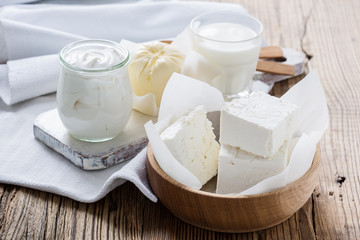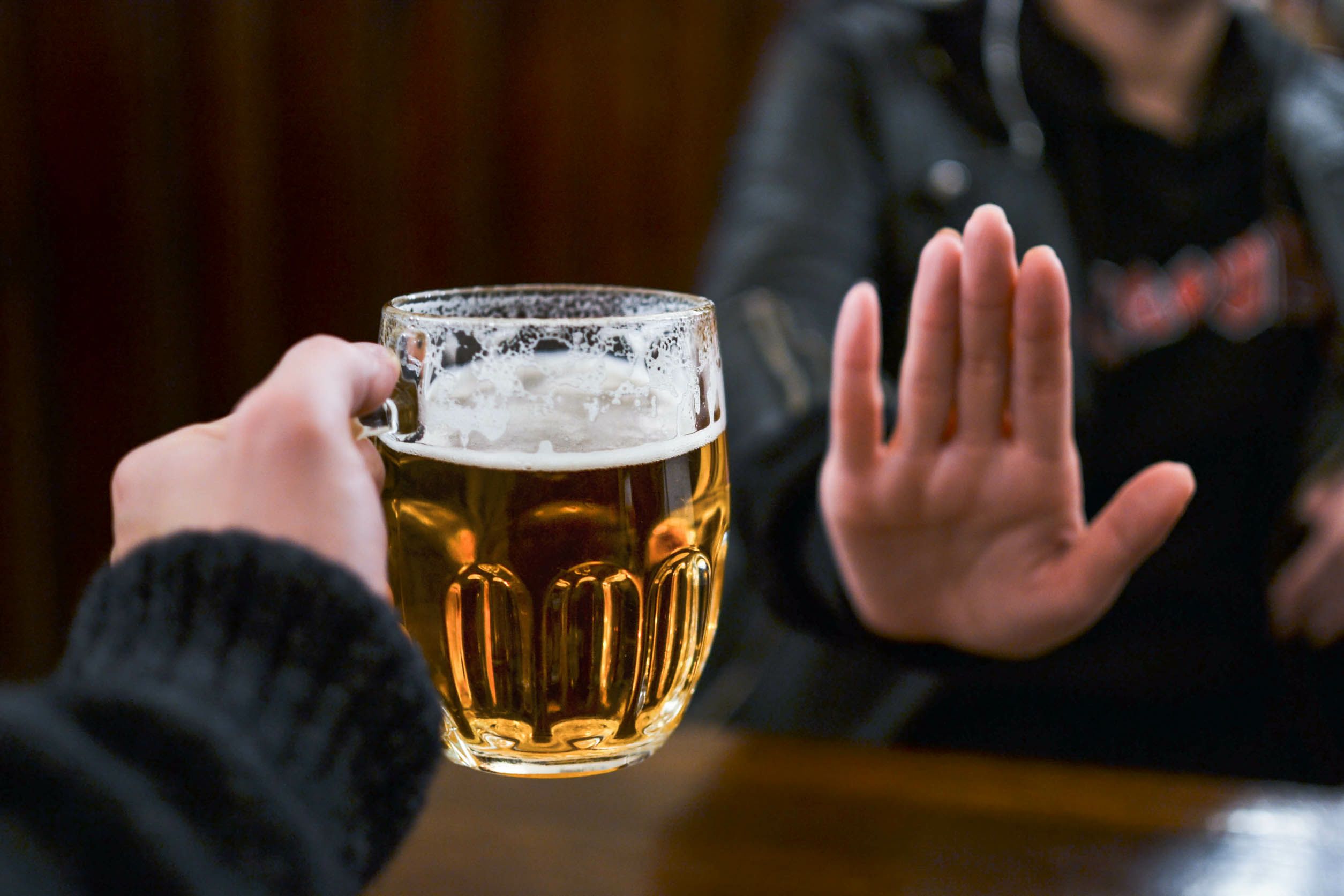If you are preparing for oral surgery, such as wisdom tooth removal, tooth extraction, or dental implant placement, it’s a good idea to create a meal plan for recovery. Knowing which foods to eat after oral surgery – and which to avoid – can greatly expedite the healing process and help prevent complications. Choosing the right foods will support your immune system, ensure the surgical site isn’t disturbed, and allow you to enjoy a varied diet during your recovery process.
Which Foods Should You Eat After Oral Surgery?
After having oral surgery, follow your dentist’s instructions and limit yourself to soft foods as they are gentle on your healing gums and easy to swallow. By eating soft foods following surgery, you will minimize swelling and discomfort in your jaw and avoid dislodging the blood clot that protects the surgical area. Keeping the blood clot intact is vital to prevent a painful condition known as dry socket, wherein the bone and nerves below the tooth socket become exposed to air and food particles. In addition to causing significant discomfort, a dry socket increases the risk of infection after oral surgery.
To protect your mouth and facilitate post-surgical healing, create a meal plan that emphasizes nutritious soft foods along with cold, soothing treats, as outlined below:
Nutrient-Rich Soft Foods
The following list contains some suggestions of soft foods to eat after dental surgery that are high in essential vitamins, minerals, and protein to support tissue repair and boost immune function:
– Soup: Whether broth -based or pureed, soups are an excellent go-to food after oral surgery. Soups can be customized with various flavours and ingredients, making this meal easy to adjust to suit specific dietary needs.
For a hearty meal that is easy on the mouth, add vegetables and protein-rich ingredients like lentils or chicken to soup to aid in the healing process. Before serving, ensure the soup is thoroughly strained or blended for a smooth consistency, as large chunks of vegetables or meat may be difficult to chew or swallow.

-Mashed Potatoes: Mashed potatoes are another classic post-oral surgery meal. They are soft, easy to swallow, and can be seasoned with herbs or cheese for added flavour and nutrition.
-Yogurt (and other soft dairy products). Yogurt offers a soothing creamy texture and probiotic benefits that promote gut health, making it an ideal snack for those recovering from tooth extraction. However, remember to choose varieties without seeds or crunchy toppings that may irritate the extraction site. Greek yogurt would also be a good choice for some extra protein.
Soft cheeses and milk are also good options, as they are similarly gentle on the gums and provide additional protein to aid recovery. Examples of soft cheeses include Brie, ricotta, cream cheese, Gorgonzola, and cottage cheese.

-Pureed fruit: Pureed fruit, such as unsweetened applesauce, provides a soft and nutritious snack that can be enjoyed cold or at room temperature. Fruit purees are gentle on the mouth and contain multiple vitamins and fibre, which helps prevent hunger. Just make sure the puree is smooth, with no large fruit chunks.
-Scrambled Eggs: Scrambled eggs are an excellent protein-rich choice that can satisfy your cravings for something filling after oral surgery. Eggs contain various vitamins (such as vitamin D and B12) and antioxidants (like lutein and zeaxanthin), which support overall health and well-being. Eggs are also a great source of choline, a nutrient important for mood regulation, cognitive health, and cellular regeneration.
-Soft fish: Steamed or baked fish offers a delicate texture while still being very high in tissue-repairing protein, vitamins, and minerals. Fish is rich in omega-3 fatty acids, which reduce inflammation in the body and accelerate healing. It also contains essential vitamins and minerals like vitamin D and selenium that support various bodily functions.
-Tofu: Tofu is an excellent choice for vegans and vegetarians as it’s loaded with plant-based protein and nutrients. Rich in iron, calcium, and magnesium, tofu supports bone health and helps prevent anemia – benefits that are especially important after oral surgery. Additionally, tofu is a good source of antioxidants and phytonutrients that reduce inflammation and support immune health.
Cold and Soothing Treats
 and (max-width: 480px) 480px, (min-width: 481px) and (max-width: 980px) 980px, (min-width: 981px) 1000px, 100vw” data-lazy-src=”https://drdalmao.com/wp-content/uploads/2024/05/berry-smoothies.jpg” /></span></div>
<div class=)
Cold foods and beverages can help reduce swelling and improve comfort after oral surgery. Allowing yourself some chilled treats can also make recovery more enjoyable. Some of the best cold foods to consume after oral surgery include:
– Smoothies: Smoothies are a great choice as they are easy on the gums and provide essential nutrients, assisting with healing. Incorporating ingredients like yogurt, bananas, avocados, and leafy greens in your smoothies can give your immune system a significant boost, making it easier for your body to fight off infection.
– Ice cream and milkshakes: Soft-serve ice cream and milkshakes are a delicious treat that helps cool the mouth, reducing swelling. Note that you should sip milkshakes (instead of using a straw) because sucking on a straw can dislodge the blood clot, causing a dry socket.
– Popsicles: Popsicles reduce inflammation in the mouth by providing extended cooling, similar to holding an ice pack against your cheek. However, be careful to avoid excessive suction when consuming popsicles, as this can disturb the blood clot.
Which Foods To Avoid After Oral Surgery?
For the first week after having oral surgery, avoid eating foods that will irritate the surgical site or cause discomfort, such as crunchy, hard, or sticky snacks. Some examples of foods and drinks to avoid include:
1. Hard and Crunchy Foods
 and (max-width: 480px) 480px, (min-width: 481px) and (max-width: 980px) 980px, (min-width: 981px) and (max-width: 1280px) 1280px, (min-width: 1281px) 2560px, 100vw” data-lazy-src=”https://drdalmao.com/wp-content/uploads/2024/03/CrispyCrunchy_HERO_082021_20746.jpg” /></span></div>
<div class=)
Hard and crunchy foods such as nuts, chips, or hard candies can irritate the extraction site and potentially dislodge the blood clot that forms in the socket, leading to a dry socket. Likewise, biting down on something hard can be extremely painful after having oral surgery.
2. Spicy and Acidic Foods
Very spicy or acidic foods (like hot sauces, peppers, and lemon juice) should also be avoided after tooth extraction as they can cause irritation and discomfort in the healing area. However, mild spices that have health benefits, such as turmeric and ginger, may be consumed 24-48 hours after having oral surgery.
3. Carbonated Drinks
The bubbles in fizzy carbonated drinks can interfere with blood clot formation, delaying healing. They may also irritate the gums and throat.
4. Sticky or Chewy Foods
Foods like chewing gum, caramel, or gummy candies should be avoided as they can stick to the extraction site and interfere with proper healing. Excessive chewing will also increase soreness and swelling in the mouth.
5. Hot Beverages
While warm beverages can be soothing and hydrating after oral surgery, they should be consumed at a lukewarm temperature to prevent irritation and increased inflammation. Let tea and other hot beverages cool for at least 10 minutes before consuming.
6. Alcoholic Beverages

After having a tooth extracted, it’s crucial to avoid consuming alcohol for at least three to five days. As a blood thinner, alcohol disrupts healing and blood clot formation. Alcohol also dehydrates oral tissues and interferes with immune function, increasing the risk of post-surgical infections.
Conclusion
Choosing nutrient-rich soft foods is a routine part of oral surgery aftercare. Creating a soft foods meal plan will reduce swelling and discomfort, help you heal quickly, and lower your risk of infection, making it one of the best things you can do to support your recovery. Ensuring your jawbone and oral tissues are healthy is also crucial if you plan to get dental implants, which are anchored in the jaw.
If you have recently undergone dental work and need advice about recovery or dental implants, feel free to contact Dr. Dalmao and Associates. As one of Mississauga’s leading oral surgeons, Dr. Dalmao can address any questions or concerns you may have, explain the importance of replacing missing teeth, and educate you about your dental restoration options.


